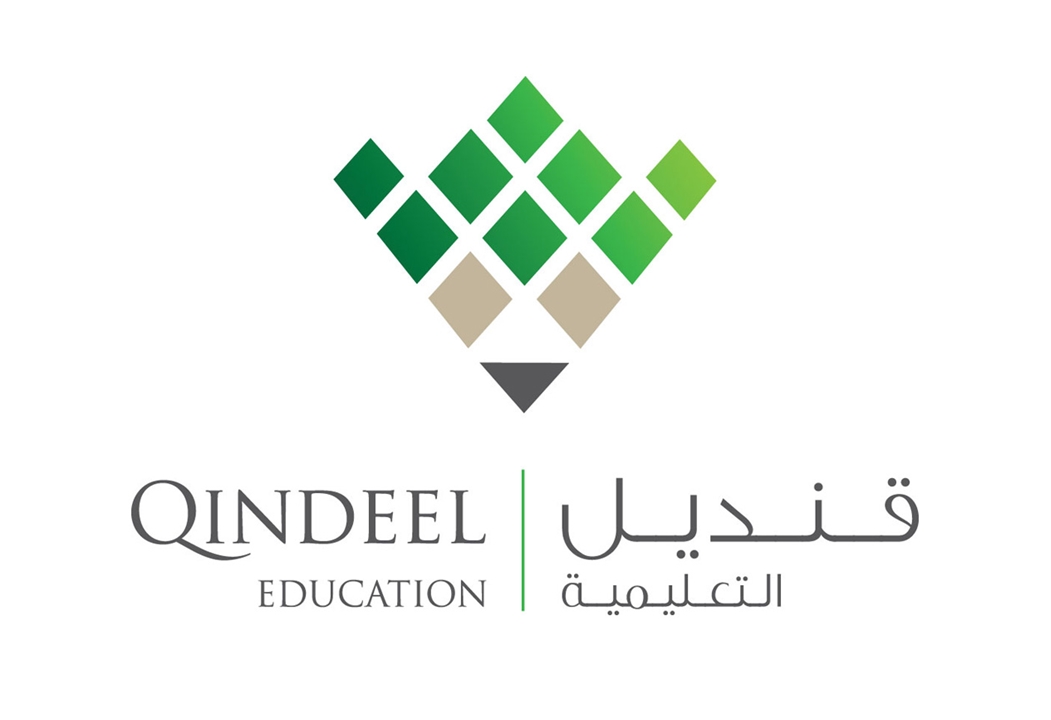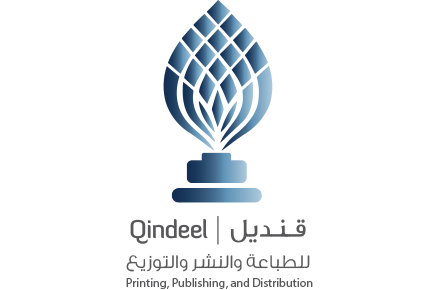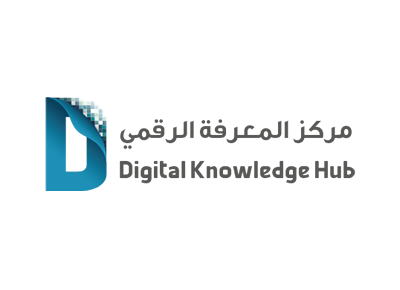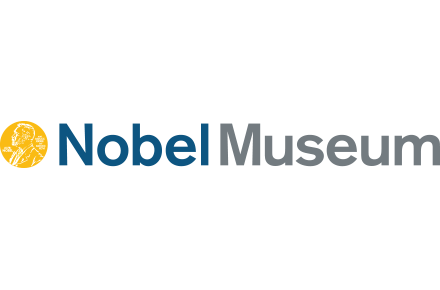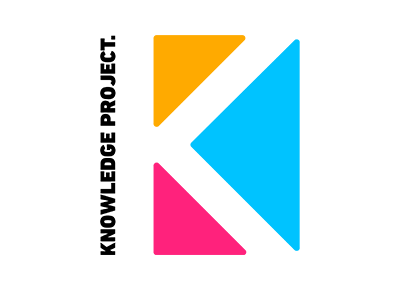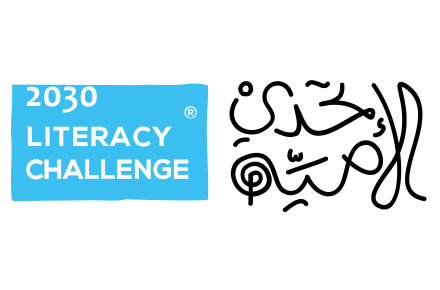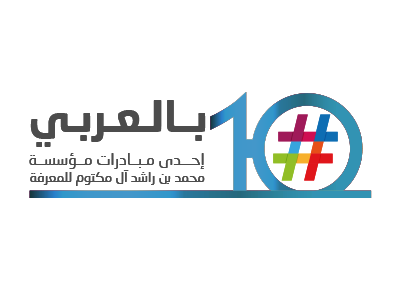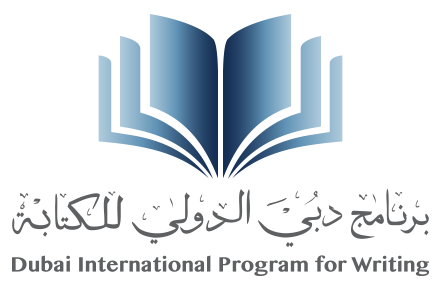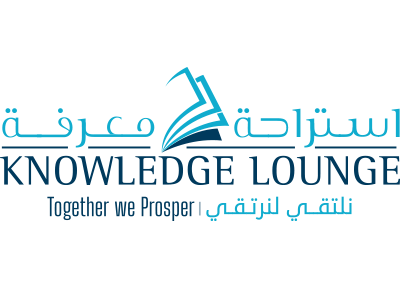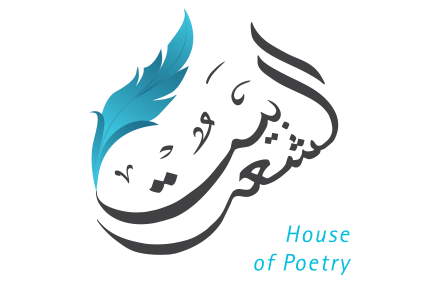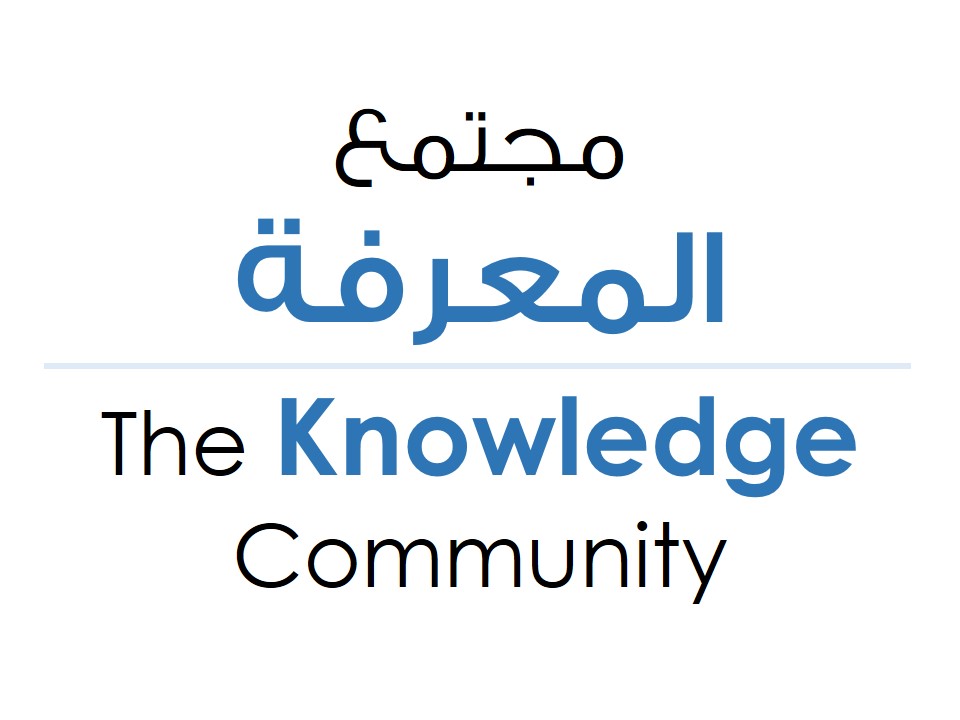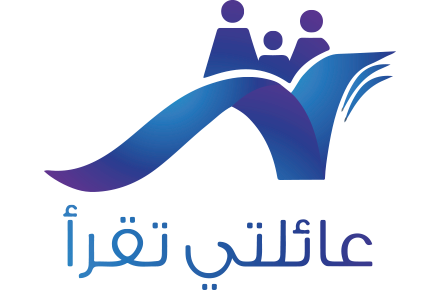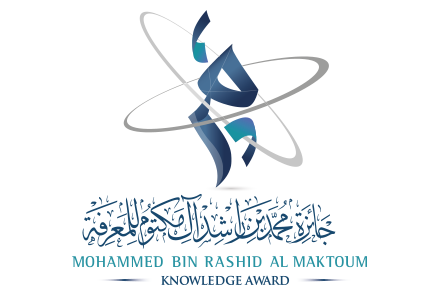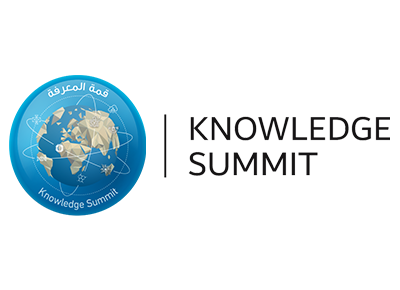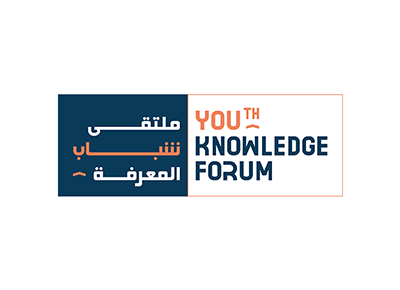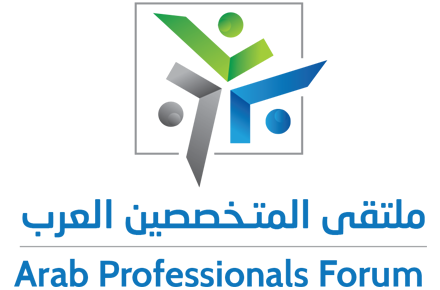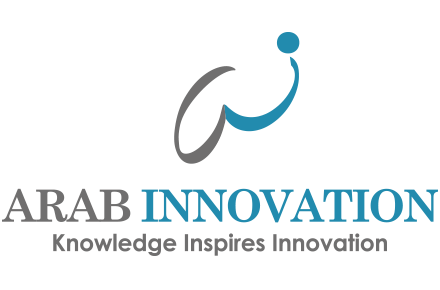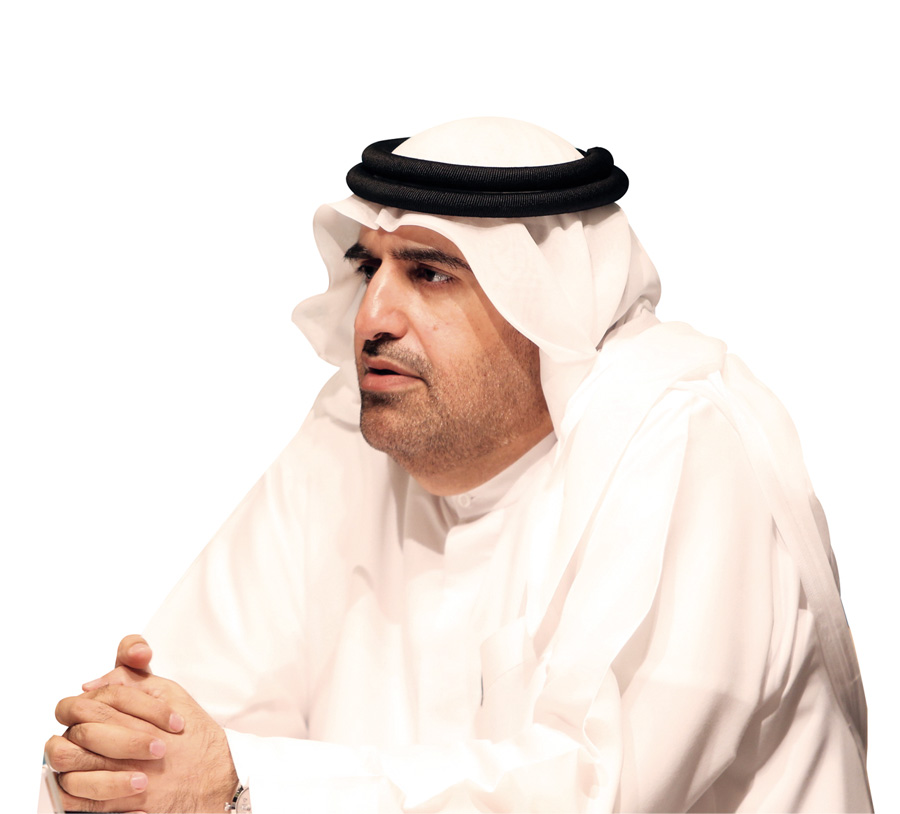Mohammed bin Rashid Al Maktoum Knowledge Foundation to Hold ‘Literacy Challenge Forum 2020’ on Arab Literacy Day
The Mohammed bin Rashid Al Maktoum Knowledge Foundation (MBRF) is organising the inaugural ‘Literacy Challenge Forum’ on Arab Literacy Day on January 8, 2020, under the directives of MBRF Chairman His Highness Sheikh Ahmed bin Mohammed bin Rashid Al Maktoum.
The Foundation is organising the Forum to be a comprehensive platform bringing together experts and stakeholders involved in the literacy effort around the world to exchange knowledge and expertise, enhance cooperation and teamwork, offer successful solutions to eradicate illiteracy in the Arab World, and shed light on inspiring experiences from individuals and organisations in the fight against illiteracy.
The agenda for the ‘Literacy Challenge Forum 2020’ includes honouring winners of the Literacy Challenge 2020, organising workshops to showcase and explore the latest studies on illiteracy and regional and international experiences in that regard, and working to develop practices that are suitable to the specificities of the Arab region.
MBRF’s CEO His Excellency Jamal bin Huwaireb asserted that Dubai has led the way among cities around the world in terms of launching initiatives and events that support education and develop human beings, guided by the vision and strategies of its wise leadership to prioritise education and qualify and empower individuals.
“Illiteracy is a real challenge in the Arab region that compels us all – entities and countries – to work together and collaborate,” H.E. said. “With that in mind, we sought to expand the scope of the Literacy Challenge from an award given to those who have made significant achievements in the sector, to a grand gathering that brings together thought leaders and experts to exchange views and recruit more organisations and individuals in the fight against illiteracy across the Arab World, and the effort to build knowledge societies.”
The Mohammed bin Rashid Al Maktoum Knowledge Foundation had closed the admission process for the second edition of the Literacy Challenge in August 2019, announcing the transition to the final stage, where the winners are selected by a judging panel of seven experts and academics. The winners will then be announced on January 8, 2020.
The Literacy Challenge 2018 saw the United Nations Educational, Scientific, and Cultural Organisation (UNESCO) win the award in the International Organisations category for its outstanding literacy projects around the world. Meanwhile, Egypt’s Ministry of Education won in the Governments category for its leading role in modernising the pre-university academic system in the country. Last but not least, in the Individuals category, Dr Al Shifa Abdulkader Hassan, Director of the UNESCO/ISESCO Office for Women in Science and Technology at the Sudan University of Science and Technology, won the award for her role in establishing the comprehensive scientific and technological literacy project for women in Sudan.
According to statistics from the Arab League Educational, Cultural, and Scientific Organisation (ALECSO), the illiteracy rate among those aged 15 and over reached 21% in 2018, compared to the global average of 13.6%. The rate risks further increase in light of the conditions surrounding education in certain Arab countries.
The figures revealed that the difficult academic conditions in some Arab countries – brought about by crises and tensions – have resulted in 13.5 million Arab children being outside the formal education system, including dropouts and children who were never enrolled.
Statistics reveal that illiteracy among Arab males reached 14.6%, while 25.9% of Arab females were illiterate. Certain countries in the region even suffer from illiteracy rates among women as high as 60% to 80%.


